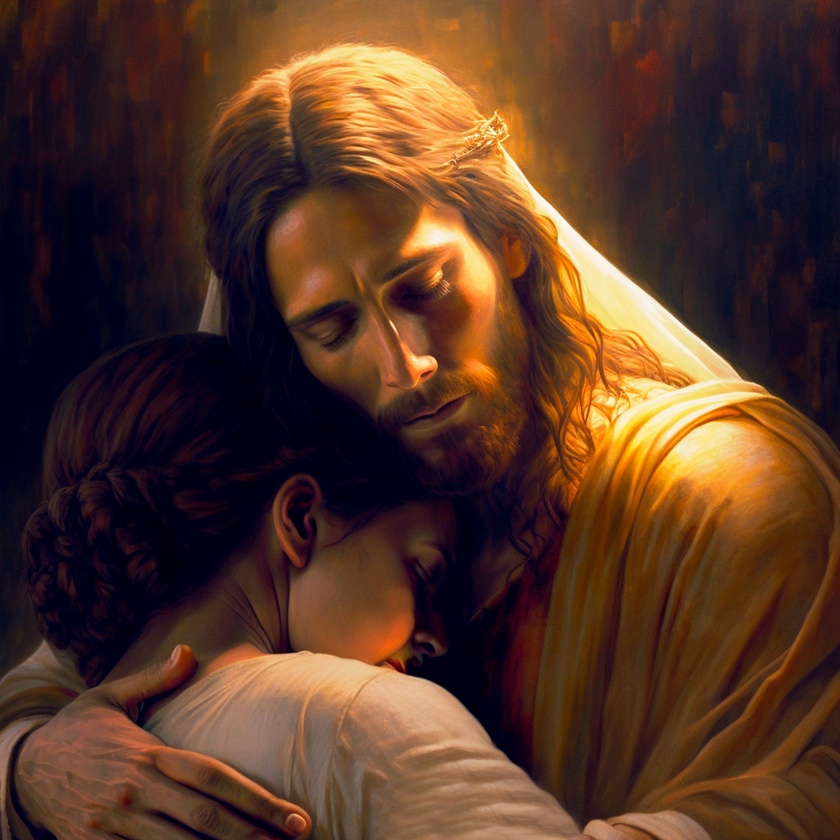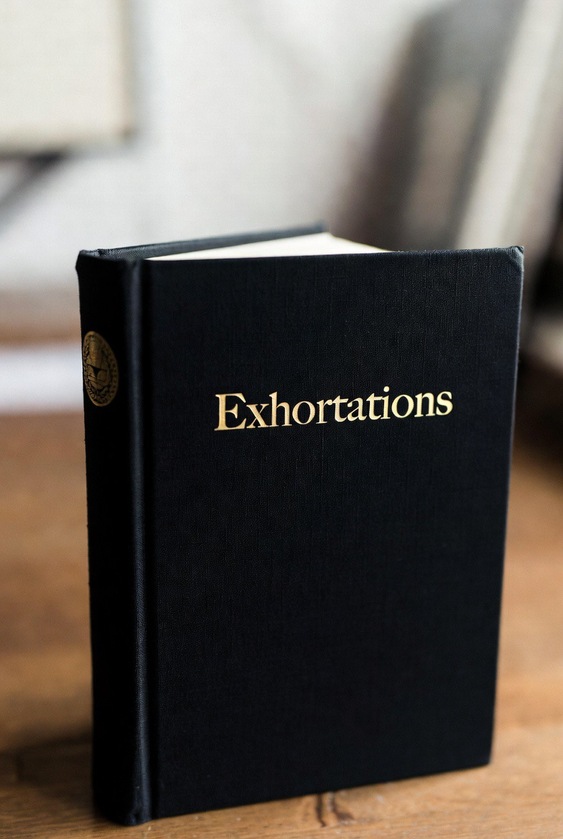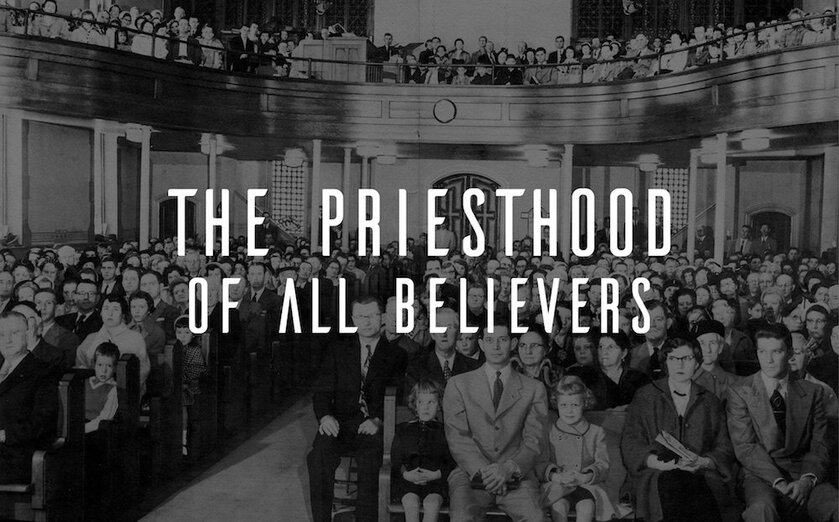Embracing God’s Atoning Love in the Midst of Our Ungodly Past
Romans 5:6-8
"For while we were still weak, at the right time Christ died for the ungodly. For one will scarcely die for a righteous person—though perhaps for a good person one would dare even to die—but God shows his love for us in that while we were still sinners, Christ died for us."
Helplessness.
Christ died for the ungodly.
That's who we are.
All the things we believe about ourselves, but at the end of the day we are weak.
But God shows his love.
Why?
Did the Lord die for me because He saw that I was doing my best, trying real hard. He figured I had potential?
No, he loved me even when I was in an ungodly place.
I think back about the person I was, the things I did, the places I went where I shouldn't. I don't want to think about those things. They're like demons that torment me when I'm alone and remembering those foolish things.
Romans 5:6-7 it’s not a feel-good verse about earning favor through grit. Christ’s death wasn’t a bet on our upside or a reward for "trying real hard." It was for the ungodly, the sinners, the weak, us in our mess, not our polished-up versions. God didn’t wait for us to clean up or show promise; He loved first, fully aware of the wreckage.
We all have those shadows: the choices that sting in hindsight, the places we wandered that left scars. But here’s the flip: God’s love isn’t deterred by them. It’s not a love that says, "Fix this, then we’ll talk." It’s the kind that steps into the ungodly places with us, redeems the irredeemable. Romans 8:1 echoes this, no condemnation for those in Christ, because He’s already covered it.
But..."hope does not put us to shame, because God's love has been poured into our hearts through the Holy Spirit who has been given to us." (Romans 5:5)
People say, "you’re not defined by the past foolish things; you’re loved in spite of them."
But it's not true really. We are defined by the things we loved.
We loved the drugs.
We loved the sexual immorality.
We loved the adulterous things.
We loved the drunkenness.
We loved the theft, the violence, the lack of self-control.
We loved the ungodliness most of all because it meant that we were our own god.
It’s not just that we stumbled into those things; we chased them, craved them, built altars to them in our hearts. Drugs for the escape, sexual immorality for the thrill, adultery for the forbidden rush, drunkenness for the blur, theft and violence for the power surge, lack of self-control as the ultimate freedom. And yeah, at the core, loving ungodliness because it crowned us as our own gods, autonomous, unaccountable, devouring whatever fed that illusion.
But here’s where it gets twisted in the best way. Scripture doesn’t sugarcoat that we loved the darkness (John 3:19 says people loved it more than light because their deeds were evil). We’re not defined solely by what we once loved, though, it’s more like those loves expose who we were without God. We were slaves to sin, as Romans 6 puts it, offering ourselves to impurity and ever-increasing wickedness. The Holy Spirit shift comes when that love gets confronted and redirected. Ezekiel 36 talks about God giving us a new heart, removing the stone one and putting in a flesh one. Not because we bootstrapped our way out, but because He intervenes in the mess we adored. God’s love stepping in where our efforts (or lack thereof) fall short.
The "atonement" in the Greek is a different word than the word used in the Old Testament. In the Old Testament Hebrew, especially in Leviticus (like chapters 1-7 on sacrifices or 16 on the Day of Atonement), the key word is indeed "kaphar" (כָּפַר, often transliterated as "kafar" or "kopher" in related forms. It carries the literal idea of "covering" sin, like smearing or overlaying it (with pitch, as in Genesis 6:14 for Noah’s ark) to appease wrath and restore relationship. But the OT sacrifices couldn't "atone" for sin it could only cover it. Think of it as a temporary fix: the blood of bulls and goats covers but doesn’t fully erase (Hebrews 10:4 nods to this limitation). It’s ritualistic, it’s a provisional shield, tied to the tabernacle/temple system, where priests mediate through offerings to make things right with God. Not unlike our modern sacraments.
In the Greek New Testament, there’s no direct equivalent to "kaphar"; instead, the atonement idea fragments into terms that emphasize fulfillment and depth. For instance, "hilasmos" (ἱλασμός) conveys propitiation or an atoning sacrifice that satisfies wrath (1 John 2:2, 4:10). Meanwhile, "hilasterion" (ἱλαστήριον) refers to the mercy seat or expiatory cover (Romans 3:25, echoing the ark’s lid in the OT). Then there’s "katallage" (καταλλαγή) for reconciliation, highlighting restored relationship (Romans 5:11). This shift in verbage isn’t just linguistic; it signals Christ’s work as the ultimate, permanent resolution. So, we are redeemed in Jesus Christ.
Break down the word "atonement" and maybe that'll better make it easier to grasp.
At • One • Ment
We have been made one with God through Jesus Christ. And that understanding gives us joy, hope, peace, faith; producing endurance, and character. Jesus Christ has made this possible. The alienation nolonger exists. The helplessness is gone. The record is changed, in spite of what the demons might try and have is believe. It captures the essence of unity and reconciliation. Jesus doesn’t just cover our ungodliness; He makes us one with God. The alienation is obliterated because Christ bore the wrath for us, satisfied the justice we deserved (propitiation, hilasmos), and brought us into union (Koinonia), intimate fellowship, partnership, communion with God and one another. Through Christ, we’re not just pardoned outsiders; we’re brought into shared life with the Trinity.
1 John 1:3
"our fellowship is with the Father and with his Son Jesus Christ."
The helplessness fades because this union empowers us, the Spirit indwells. Those past "loves" and tormenting memories? They’re overpowered by this new reality; the demons’ accusations lose their sting because the record is expunged, not just smeared with bulls and lambs blood, not just plugged up leaks filled with pitch, requiring endless repetition. But in Christ, it’s expunged, wiped clean, nailed to the cross and canceled.
Colossians 2:13-14
"He forgave us all our sins, having canceled the charge of our legal indebtedness…he took it away, nailing it to the cross"
And so Paul is saying that one man made us all sinners and therefore One man makes us righteous. And to deny that all men are sinners by nature is to deny that any can be made righteous. To say that mankind sins by choice, not by nature, is to say that only man can atone for his own mistakes. Romans 5 sketches it out for us, our total indebtedness is wiped out, not through self-correction, but by Christ’s cross-work. Paul isn’t mincing words here; that "certificate of debt" (like a handwritten IOU of our transgressions against God’s law) is canceled, obliterated, publicly shamed in His [Christ's] victory (v. 15). It’s not a partial fix or a self-help program, it’s divine intervention for a humanity that’s not just occasionally erring but fundamentally enslaved to sin by nature.
Romans 5:12-21
"Therefore, just as sin entered the world through one man, and death through sin…so also through the obedience of the one man the many will be made righteous."
Adam’s trespass condemned us all by nature, born into sin, not just choosing it sporadically.
Denying that universal, inherited sinfulness guts the gospel. If we’re not sinners by nature, why do we need a Savior to impart righteousness?
It reduces Christ to a moral example or optional booster, not the sole Redeemer. And what always follows that track is idolatry. Multiple gods servicing our sins. And yeah, if sin’s merely about volitional slip ups, choices we could theoretically avoid or fix ourselves, then atonement becomes DIY territory, echoing the futile OT sacrifices that could only cover, not expunge.
This ties straight back to our thread, the ungodly loves, the tormenting memories, the weakness. They’re not just bad choices; they’re symptoms of that Adamic nature, overpowered only because Christ nailed the whole ledger to the cross, expunging it fully. The demons’ are cast out, silenced by this forensic fact, the debt is paid, the record cleared, union is restored. No more alienation; we’re alive in Him.
How many of you had to be taught how to lie?
Tell the truth!
Even a child can sin by nature.
"Who took my cookies?"
"I don't know"
"Where's your book bag?"
"I don't know"
"How did that shirt get ripped?"
"I don't know"
"Where's your shirt?"
"I don't know"
"You don't know?"
"You know."
It’s a vivid snapshot of what Scripture lays out: sin isn’t something we pick up like a bad habit from bad company; it’s woven into our nature from the jump. Don't believe in original sin? You must not be a parent.
Psalm 58:3 drives it home:
"The wicked are estranged from the womb; they go astray from birth, speaking lies."
Even babies veer off track, fibbing before anyone coaches them. Studies show lying emerges spontaneously in toddlers as their brains develop. By age 3, most kids can lie to avoid trouble or get what they want, not because they’re taught, but because they’ve figured out deception as a tool. It’s like a milestone: around 42 months, over half start fibbing, hitting near 100% by age 4.
So you see what Christ is having to deal with. Thank God he loves us.
Prayer:
Heavenly Father, in our weakness and sin, You showed Your boundless love through Christ’s sacrifice, nailing our debts to the cross and making us one with You. Silence the echoes of our past follies, empower us by Your Spirit, and let grace reign in our lives. In Jesus’ Holy name, Amen.




















